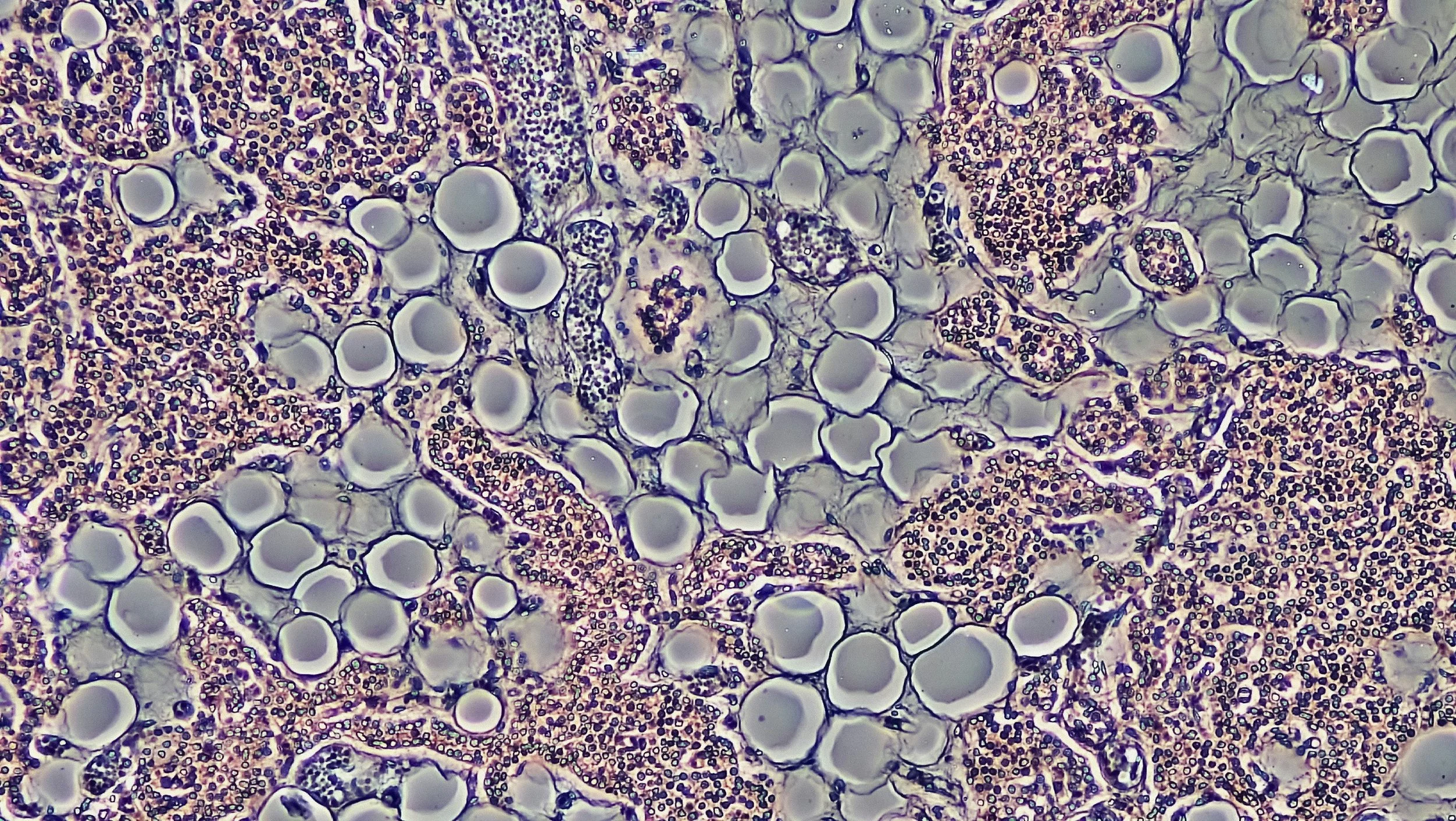
APDS - Activated PI3K Delta Syndrome
Overview.
Activated PI3K-delta syndrome (APDS) is a rare, primary immunodeficiency that affects how the immune system works. People with APDS may have lower levels of certain white blood cells, called B cells and T cells, which help protect the body from germs like viruses and bacteria. When these cells don’t work as well as they should, it can be harder to fight off infections. APDS can look different for everyone—some people get sick more often or have more serious infections, while others have only mild symptoms or may not notice any symptoms at all.
Causes.
APDS is caused by variants (also known as mutations) in the PIK3CD gene and the PIK3R1 gene which can affect an enzyme called phosphatidylinositol 3-kinase (PI3K) delta.
APDS Type 1: Caused by variants in the PIK3CD gene, which provides instructions for making a protein called p110 delta (p110δ).
APDS Type 2: Caused by variants in the PIK3R1 gene, which provides instructions for making slightly different versions of another protein; the most common version is called p85 alpha (p85α).
PI3K delta is an enzyme that helps control how certain immune cells grow and communicate. It’s made up of two parts, called p110δ and p85α, and is found mainly in white blood cells like B cells and T cells. These cells play key roles in fighting infections and keeping the immune system balanced.
In people with activated PI3K-delta syndrome (APDS), changes (variants) in two genes—PIK3CD or PIK3R1—cause one of these parts (either p110δ or p85α) to work differently than it should. These changes make the enzyme overactive, meaning it’s “switched on” too often.
When PI3K delta is overactive, it affects how B cells and T cells grow and develop. These cells may not mature properly, may not respond well to infections, and can die earlier than normal. Because of this, people with APDS often have trouble fighting off bacteria and viruses.
Overactive signaling can also cause some white blood cells to grow too much, which may lead to swollen lymph nodes(lymphadenopathy) or small growths in the lymph tissue (nodular lymphoid hyperplasia). In some people, the combination of too many abnormal B cells and a weakened immune system can increase the risk of lymphoma, a type of cancer that starts in the lymphatic system.
Inheritance.
In autosomal dominant conditions, only one copy of the mutated gene is needed to cause the condition. Everyone has two copies of every gene: one from their mother and one from their father.
If a parent has an autosomal dominant condition, they have one normal copy of the gene and one mutated copy. Each child has:
A 50% chance of inheriting the mutated gene (and the condition)
A 50% chance of inheriting the normal gene (and not having the condition)
Approximately 80% of individuals diagnosed with APDS have an affected parent and 20% of individuals have the disorder as the result of a de novo, or spontaneous, mutation.
Symptoms.
Because APDS impacts people differently, symptoms can vary widely from person to person, even within the same family.
Diagnosis & Treatment.
Diagnosing APDS can be challenging because symptoms vary greatly from person to person. APDS is commonly misdiagnosed as CVID (Common Variable Immunodeficiency), Hyper IGM Syndrome or another primary immunodificeincy.
A molecular genetic test that looks for changes in the PIK3CD or PIK3R1 genes can provide a clear and definitive diagnosis of APDS.
TREATMENT INFO GOES HERE

Recently Diagnosed?
Getting a new diagnosis can feel overwhelming, but you don’t have to go through it on your own. We’re here to support you every step of the way.





